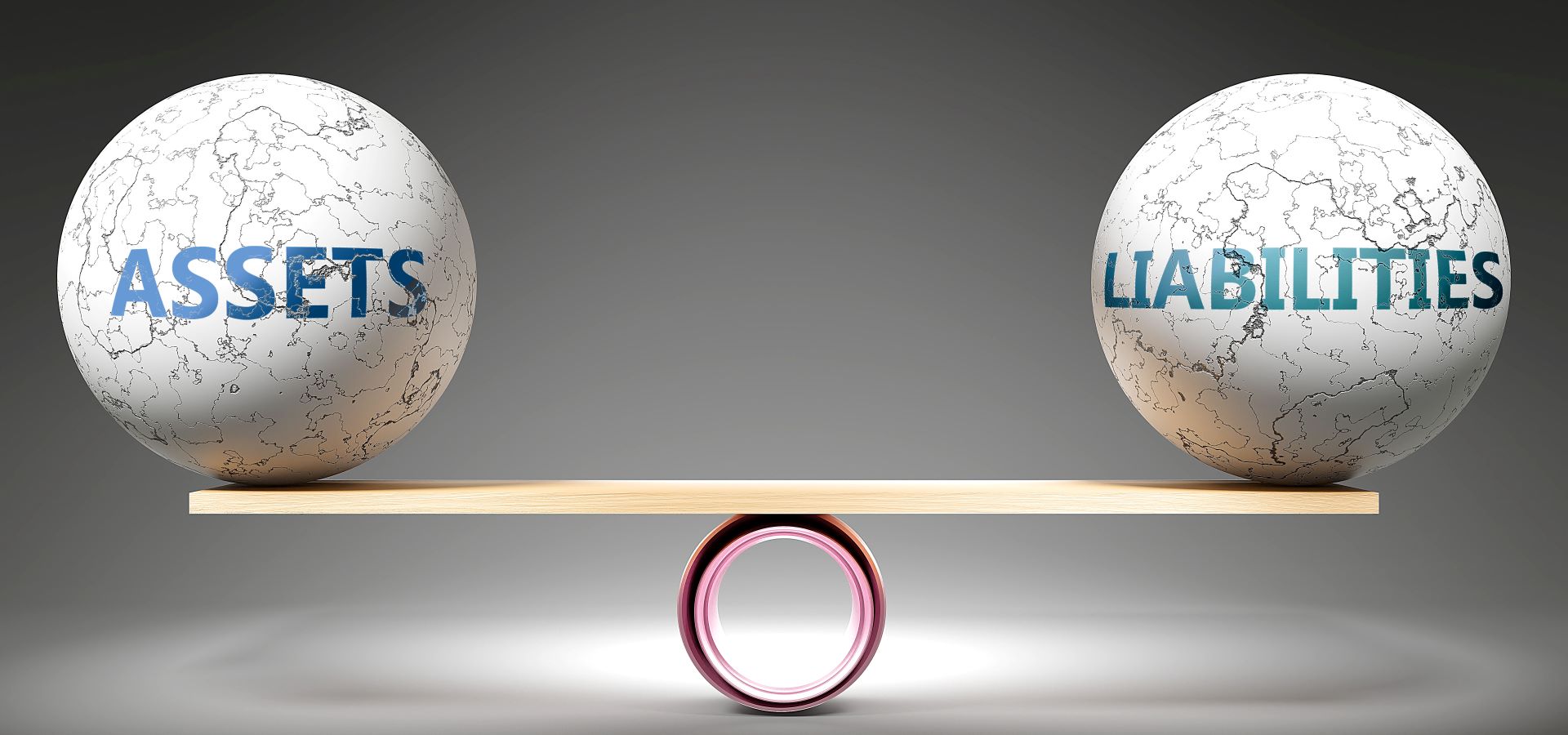When the topic of wealth management comes up, most individuals naturally gravitate towards the idea of growing their assets. Stocks, bonds, real estate, and retirement accounts usually dominate these discussions. However, a comprehensive financial strategy doesn’t only focus on what you own, but also on what you owe. Liabilities, or the debts one owes, are just as crucial to understand and manage, especially in an economic environment of rising interest rates.
Why Liabilities Matter
Net Worth Calculation: At its core, a person’s net worth is calculated as assets minus liabilities. If we only focus on half the equation, we can get a distorted picture of financial health. A person might own assets worth a million dollars but could be deep in debt, resulting in a low or even negative net worth.
Cash Flow Implications: Monthly debt payments can take up a significant portion of an individual’s income. This can restrict the ability to invest for the future, save, or even cover daily living expenses. Understanding and managing liabilities helps ensure a smoother cash flow.
Interest Rate Risk: With floating rate debt, the interest rate isn’t fixed but varies based on market conditions. In a scenario of rising interest rates, the cost of servicing this debt can shoot up rapidly, making it more expensive for the borrower.
Treating Liabilities Like Assets
Given the importance of liabilities, here’s how one can give them the same attention as assets:
- Regular Review: Just as one would review an investment portfolio periodically, it’s essential to review outstanding debts. This includes checking for interest rates, payment terms, and the remaining balance.
- Refinancing Opportunities: As markets evolve, there might be chances to refinance debts at a lower interest rate or better terms. This can result in significant savings over time.
- Prioritizing Repayment: Not all debts are created equal. Some might have a higher interest rate, while others might be tax-deductible. By understanding the nature and cost of each liability, one can create a repayment strategy that maximizes financial benefits.
- Establishing an Emergency Fund: One of the best ways to prevent unnecessary debt is by having an emergency fund. This cash reserve can cover unexpected expenses, reducing the need to rely on high-interest credit options.
Your financial situation is a two-sided coin: assets on one side and liabilities on the other. By valuing liabilities in the same way we value assets, we not only get a clearer picture of our financial health, but also make informed decisions that help set the stage for long-term financial stability and growth. Sound short-term and long-term liability management considers ongoing cash flows, funding unexpected expenses, and tax-savings strategies.
Your Wealth Advisor can help you evaluate your options and understand how the choices you make regarding your liabilities may impact your potential to achieve your broader financial objectives.




